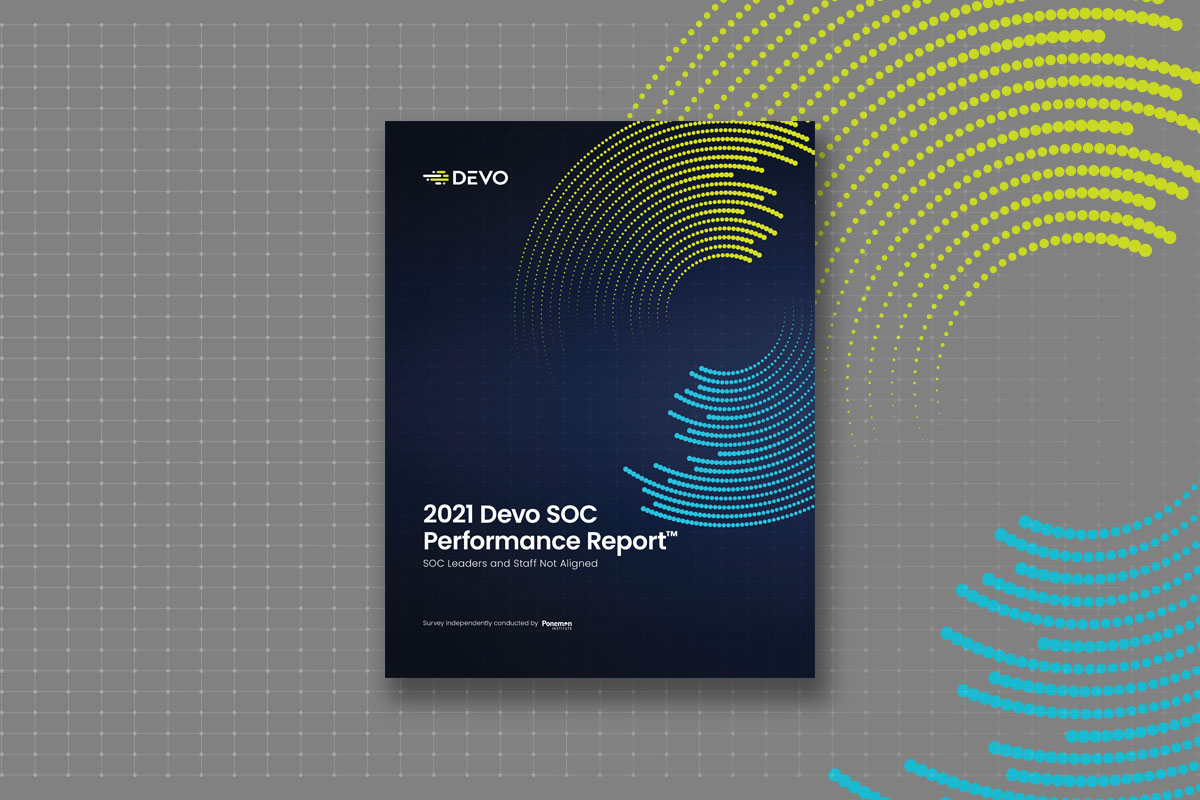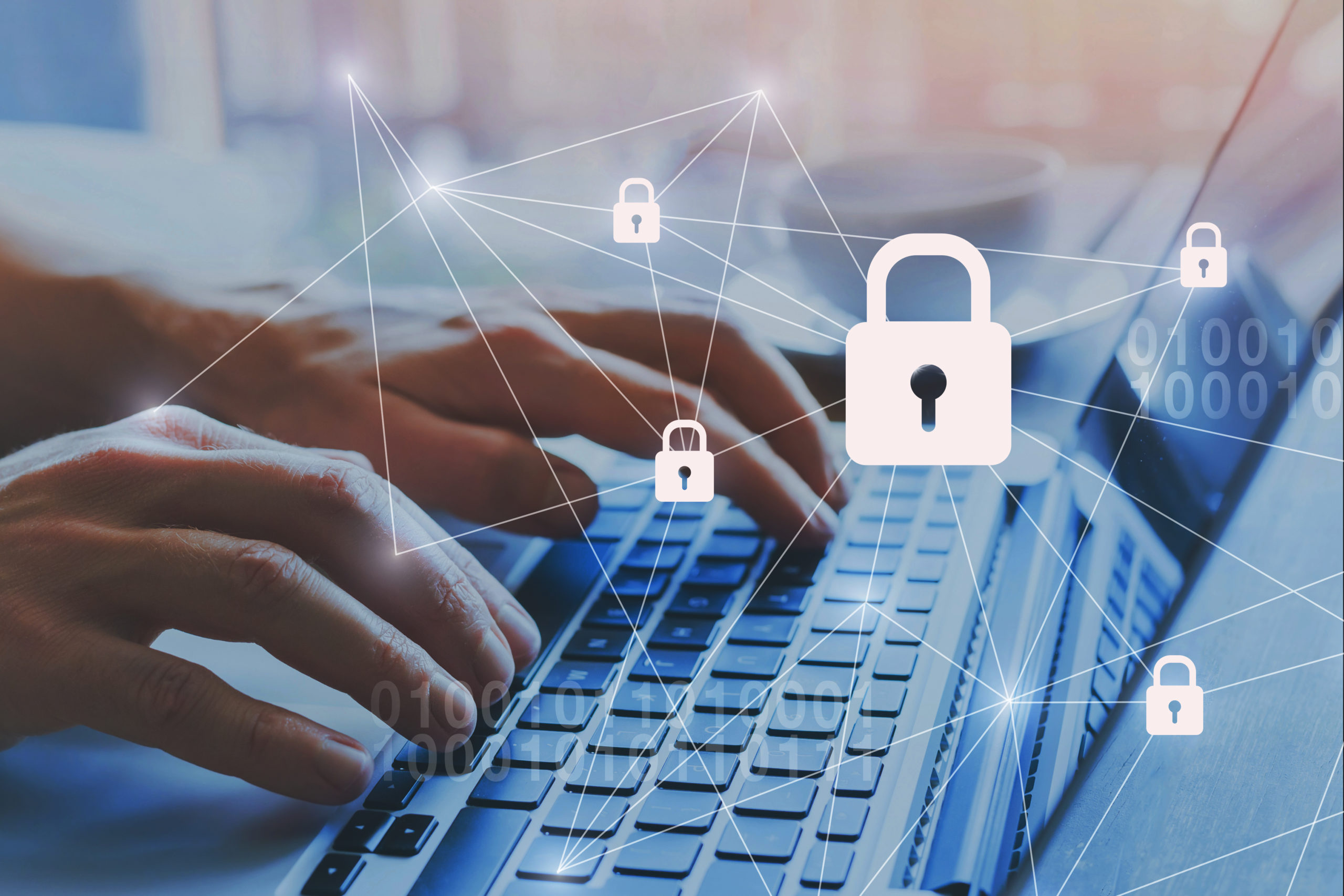
Members of the cybersecurity industry — including the Devo team — are gathering this week for the annual Black Hat USA conference in Las Vegas. Some will be present in person. Many others will participate virtually due to travel issues related to the pandemic. In either case, the latest edition of Black Hat, and its home city, have me thinking about cybersecurity and… gambling.
Devo has customers in the casino business, in the fast-growing online wagering industry, and in professional sports leagues, which are increasingly working with gaming companies to bring the excitement of live wagering to their events. One thing my great sales team and I have learned from selling Devo’s cloud-native logging and security analytics solutions to gaming and sports organizations is despite what they do for a living, these businesses are increasingly risk-averse —when it comes to their cybersecurity postures.
We are seeing a noticeable increase in interest in cybersecurity not only in North America but also in Europe and Australia. This tracks with the growth of various forms of gambling now available in many places, not just Las Vegas, Atlantic City, Monte Carlo and Macau. And what is common to this growth in gaming, beyond wins and losses, of course? Data. Lots and lots of data. And that data, which includes a treasure trove of customer information, must be protected.
The Odds of Cyberthreats Are Very High
There’s an old adage about gambling (that’s especially true for me): the house always wins. Certainly, people have fun while gambling at a casino or online on their favorite sport, and some of them actually come out ahead. But most people who gamble do so knowing that they’re more likely to have less money at the end of the night than when they started. Gaming companies know all about the odds — which are usually in their favor — and they don’t like the odds that definitely are against them when it comes to possibly becoming the target of a cyberattack.
Customer data is one of the biggest assets of gambling companies. They leverage that data and market to their customers to drive more business. Like any company, they want to generate more revenue from their existing clientele while also winning new business. For that reason, gaming establishments know how critically important it is to ensure the security and privacy of all that customer data. That’s why they’re turning to Devo.
What if all the Las Vegas casinos were hacked in a broad attack? Imagine the panic, business disruption, lost revenue and destroyed customer loyalty. That’s like trying to win at blackjack while wearing a blindfold and not knowing what cards you’ve been dealt. You might win a hand or two on luck, but the house would certainly come out on top.
And think what you will about the virtue of gambling, but it’s important to trust that the slot machines ingesting coins the way a kid chows down on popcorn at a Disney movie are secure and protected against any type of criminal activity. If any top casino were found to have been infiltrated by cybercriminals who stole customer data or hacked the outcome of those electronic games of chance, that casino company might not survive. Certainly, it would lose business to the many competitors that hadn’t been compromised. Think of the impact a successful cyberattack could have on a cruise line that features onboard gaming as one of its big recreational attractions.
Legacy Security Is Not a Winning Bet
A hallmark of the gaming industry — in person and online — is its companies are always looking ahead for the next big thing that will attract and retain customers. I think that’s one reason why we’re seeing so much interest in Devo’s cloud-native next-gen SIEM solution from this industry. On-premises legacy security solutions are not what a fast-moving, forward-looking industry wants and needs. There’s simply too much at stake to roll the dice on a costly, more labor-intensive, less cutting-edge security solution. It’s not what big casinos or their app-based cousins are looking for.
I think even those of us with little interest in gambling or sports appreciate the fact that this industry is betting on modern cybersecurity to ensure that Super Bowl Sunday and its holiday-like parties don’t fall prey to a crippling cyberattack. That’s a losing hand no one wants to hold.




